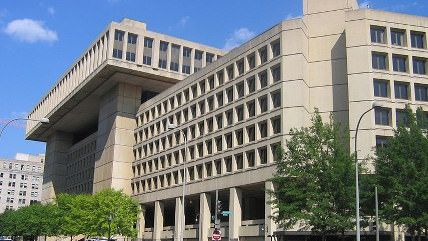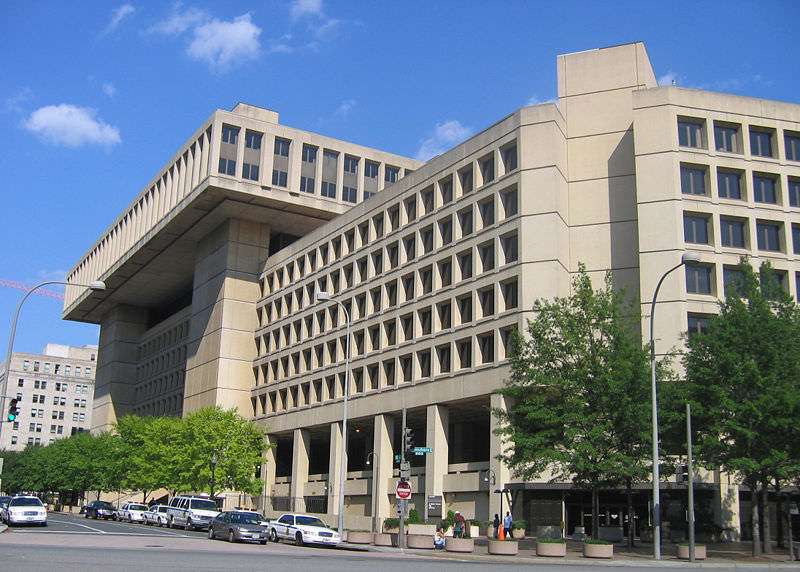FBI's Abuse of National Security Letters Seems to Have Lessened—Except Maybe Against Journalists


Years after the PATRIOT Act gave federal agencies wide snooping authorities, we began to discover that even this increased latitude wasn't enough. Even before Edward Snowden began leaking classified documents showing exactly how humongous federal data collection had become, there were already a number of previous examples of government snooping out of control.
In particular, the FBI's system of using National Security Letters (NSLs) to obtain personal records without a court order was found by the Department of Justice's inspector general to have been terribly abused, gathering records with little oversight or reason, not following processes and resorting to "exigent letters" to even bypass the NSL rules entirely by claiming emergencies. The DOJ Office of the Inspector General put out two reports over the last decade investigating the problems and ordering reforms.
They have a new report out (pdf) that notes significant improvement, though there are still some troubling issues. According to the report, the FBI have put into practice training to prevent the use of exigent letters to abuse the system and bypass the process of getting an official NSL authorization.
But amid the explanation of these reforms in this report, there is suddenly a whole bunch of black bars when it gets to a section where it discusses the FBI getting the phone records of journalists. These are efforts to catch government leakers, not possible domestic terrorists. Suddenly the discussion of how and when the FBI is allowed to secretly get records get a lot more, well, secret. Trevor Timm at the Freedom of the Press Foundation takes note:
In a little-noticed passage buried in the report, the IG describes how NSLs have been used on journalists in the past, and indicates that the FBI can currently circumvent the Justice Department's media guidelines to do so in the future.
When and precisely how can they do so? Well, apparently that's classified.
Because it's almost entirely redacted:
It should be noted from the very first footnote of the 196-page report that the IG strongly objected to many of the redactions within the report, including both information that was made public in previous reports and information they "believe is important to the public's understanding of the FBI's compliance with NSL requirements.
And that's the crux of the issue: how can the public be expected to have confidence in a so-called "extensive oversight regime", without any transparency or inkling of what it is? All too often the government has expected us to trust that such authorities are not being abused, while their own investigations continually uncover problems with compliance.
The report also raises some other concerns. The FBI is still apparently having problems with fat finger syndrome, or something. The report finds that agents continue to end up collecting personal records they shouldn't be collecting because of typos. And when they collect unauthorized information, they still frequently aren't properly remedying the situation. The report is also concerned that some of the information the FBI is collecting from toll billing records, like dates of birth and Social Security numbers, is not legally authorized. And they are also concerned that the FBI is collecting additional records "associated" with their targets without making a separate determination that these records are relevant to their investigation.
The full report is available here (pdf)


Show Comments (4)